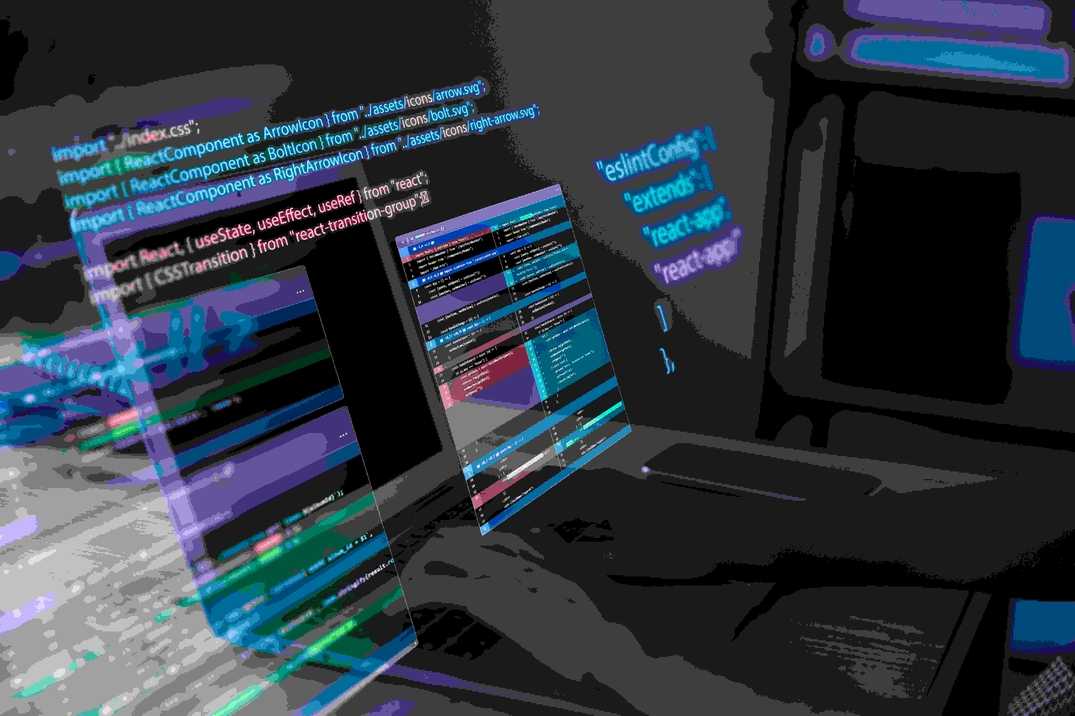As the financial technology (fintech) sector continues its rapid growth, so does the need for robust cybersecurity measures. Fintech companies handle sensitive financial data, making them prime targets for cyberattacks. In this landscape, a software development company plays a critical role in fortifying fintech security. This article explores the vital partnership between fintech companies and software development firms in ensuring the highest levels of cybersecurity.
The Crucial Intersection of Fintech and Cybersecurity
Defining Fintech Cybersecurity
Fintech cybersecurity encompasses a range of measures and technologies designed to protect financial data, systems, and operations from unauthorized access, breaches, and fraud. It’s a multi-layered approach that involves advanced technologies, protocols, and best practices.
The Stakes: Protecting Sensitive Financial Data
Fintech companies handle vast amounts of sensitive data, including personal identification information, banking details, and transaction histories. Protecting this information is paramount to maintaining trust and regulatory compliance.
The Role of Software Development Companies in Fintech Security
Tailoring Security Solutions
Software development companies specialize in creating customized software solutions. In the fintech sector, this means crafting applications with security features that are tailored to the specific needs and vulnerabilities of financial systems.
Advanced Encryption Technologies
One of the cornerstones of fintech security is encryption. Software development companies employ state-of-the-art encryption protocols to safeguard data both in transit and at rest.
Implementing Multi-Factor Authentication
Multi-factor authentication adds an extra layer of security by requiring users to provide multiple forms of identification before gaining access to sensitive information or transactions. Software development companies incorporate this feature into fintech applications to thwart unauthorized access.
Building Secure APIs for Fintech Integration
The Significance of APIs in Fintech
Application Programming Interfaces (APIs) facilitate communication between different software systems. In fintech, APIs enable the seamless integration of various financial services, making them a crucial component of the industry.
Secure API Development
Software development companies are adept at building APIs with security in mind. They implement authentication mechanisms, access controls, and encryption protocols to ensure that data transmitted via APIs remains protected.
Conducting Rigorous Security Testing
Vulnerability Assessment and Penetration Testing (VAPT)
Software development companies conduct VAPT to identify and rectify potential security vulnerabilities in fintech applications. This process involves simulating real-world cyberattacks to gauge the system’s resilience.
Regular Security Audits and Updates
Fintech systems are subject to evolving cybersecurity threats. Software development companies provide ongoing security audits and updates to fortify the system against emerging risks.
Regulatory Compliance in Fintech Security
Navigating Regulatory Frameworks
Fintech companies operate in a heavily regulated environment. Software development companies with expertise in fintech understand and adhere to industry-specific regulations, such as PCI DSS, GDPR, and others, to ensure compliance.
Data Privacy and Protection
Ensuring the privacy and protection of user data is a top priority for fintech companies. Software development firms implement robust data protection measures and facilitate compliance with data privacy regulations.
Collaboration for Incident Response and Recovery
Establishing Incident Response Plans
In the event of a security breach, having a well-defined incident response plan is crucial. Fintech companies work closely with software development firms to create detailed response protocols to minimize damage and swiftly restore services.
Continual Monitoring and Threat Intelligence
Software development companies leverage advanced monitoring tools and threat intelligence platforms to detect and mitigate security incidents in real-time, providing fintech companies with invaluable support in safeguarding their systems.
Future Trends in Fintech Cybersecurity
Artificial Intelligence and Machine Learning for Threat Detection
AI and ML technologies are increasingly being used to analyze vast amounts of data and identify anomalous patterns indicative of cyber threats. This proactive approach to cybersecurity is set to play a pivotal role in the future of fintech security.
Blockchain Technology for Immutable Security
Blockchain’s distributed ledger technology is inherently secure and tamper-proof. It holds promise for securing financial transactions and identity verification, offering a highly resilient layer of protection.
Conclusion
The partnership between fintech companies and software development firms is at the forefront of advancing fintech cybersecurity. With the increasing sophistication of cyber threats, the role of software development companies in fortifying fintech security measures cannot be overstated. Together, they are building a resilient foundation that not only safeguards sensitive financial data but also bolsters trust in the fintech industry as a whole. As we move forward, this collaboration will continue to be instrumental in staying one step ahead of cyber adversaries, ensuring the secure future of fintech.





